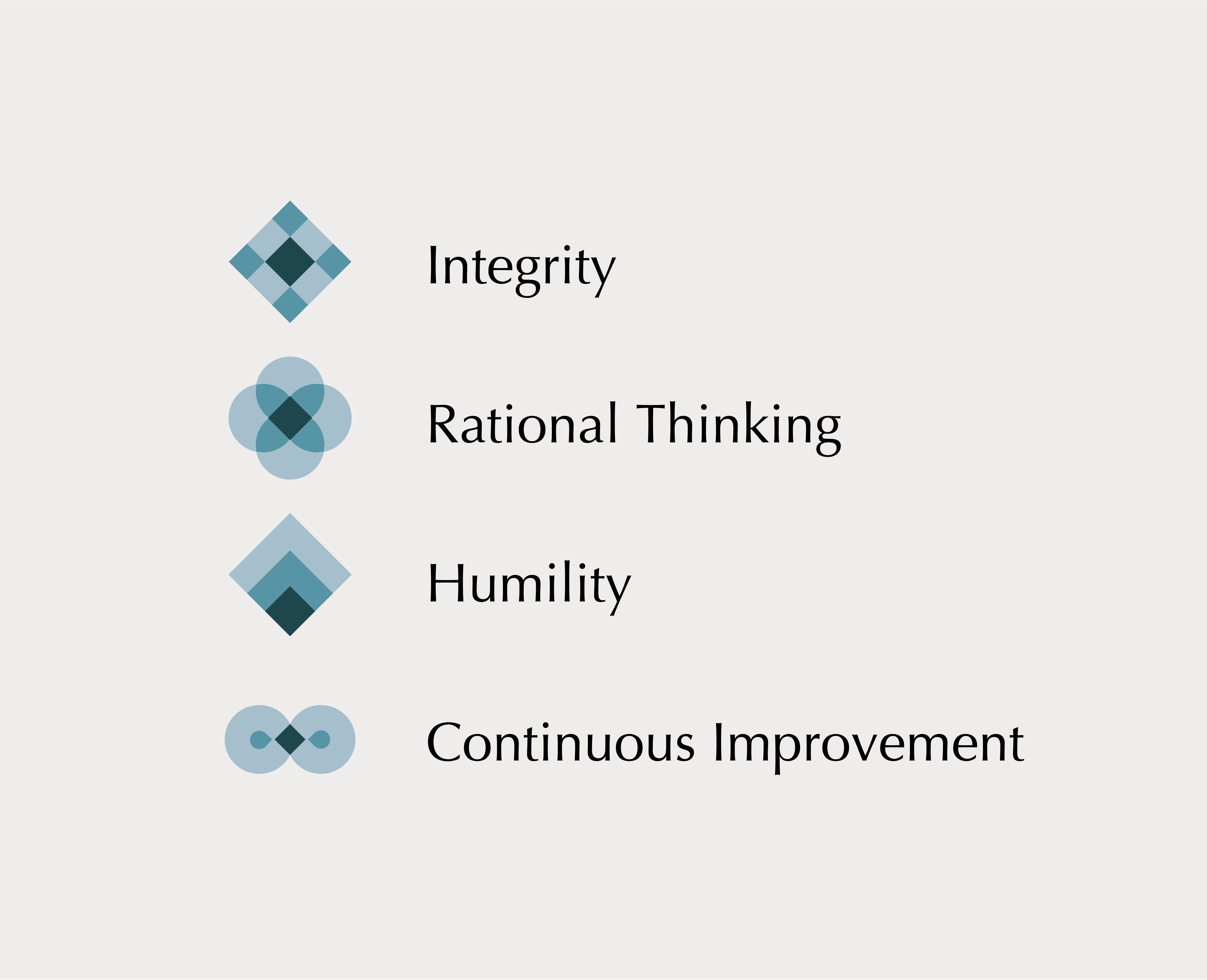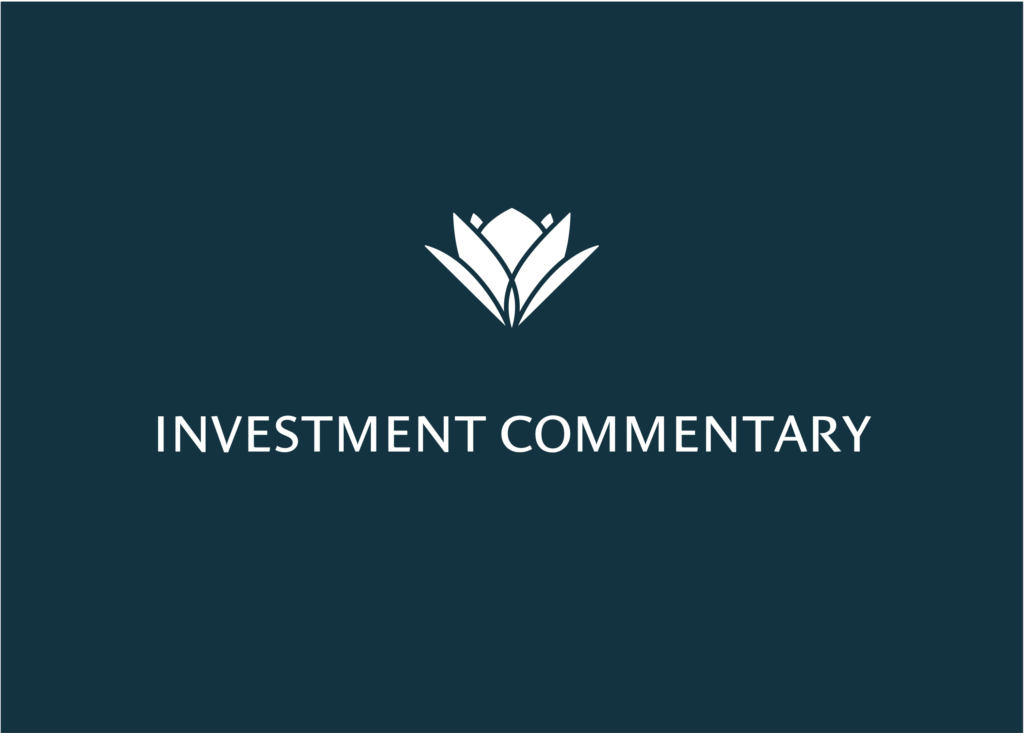“It is my hope that opening up about my personal journey from the volleyball arena to the financial world will help you understand more about me, the Regency Capital Management team and maybe even help and inspire some of you somewhere along the way. I am excited to share some of the lessons learned as I tackle this major transition from setting up some of the world’s best spikers to now setting up my clients for financial success.“
Kawika Shoji
Not every professional athlete is fortunate enough to step away from a game that they love on their own terms. Most are forced out of sport due to injury or a managing/coaching decision, but I was lucky enough to reach the pinnacle of indoor volleyball, stay there for a few years, and walk away when my family and I were ready. There was obviously more to it than luck, much of which I hope to bring with me into this next endeavor, but it would be hubris not to acknowledge there was some good fortune involved.
So how did we know we were ready? We decided that the value of time spent with family, especially parents/grandparents, and a Hawaii upbringing for our kids at this moment was worth more than our experiences living and setting a ball abroad. I still needed a job…and a small break from volleyball. Enter Neil Rose and Regency Capital Management.
So why Regency and why wealth management? This might be shocking to some and not so much to others, but after 12 years of being fully immersed in the world of professional volleyball, I had no idea what I would enjoy next. How could I? Playing professionally requires 100% committed to the present and making sure you are getting the most out of yourself right now. I decided that I would heed the advice of a few mentors and jump into something completely foreign and attack the new job with the same focus, determination, and process-oriented approach that I did throughout my volleyball career. I interviewed for various positions across multiple industries, and after multiple rounds, I committed to Regency before any of them sent me final answers. Why? Core values.
Neil and I naturally bonded over Hawaii high school sports, as Hawaii people do, and compared the setting position in volleyball with the quarterback in football (Neil was a Harvard quarterback). We discussed my passion for learning about small business and world markets and desire to contribute to the local community beyond just athletics. I was naturally impressed with Regency’s distinct differentiated investment philosophies and the potential personal and professional growth. But I was most intrigued by the fact that Neil continued to bring the conversation back to Regency’s core values: integrity, rational thinking, humility, and continuous improvement.
While Neil is always game for an extensive and detailed technical conversation, all Neil cared about was if my values aligned with Regency’s. They did. Neil’s message to me then: be who you are, bring your experiences and skillsets to the firm, work hard and learn—all the while adhering to those four values. I thought… I can do that. A gap that initially seemed large and intimidating was suddenly narrowing, and my confidence was growing.
As a member of two Olympic teams, I’ve participated in hours and hours of discussion, even debate, centering on identity, culture, and values (both teams having their own). Especially when you’re under pressure or faced with uncertainty (both are constants in investments, no?), it’s crucial to have that North Star in core values.
Integrity. Rational thinking. Humility. Continuous improvement. Let’s go!
Kawika Shoji, Investment Advisor and Portfolio Manager
The content provided in this document is for informational purposes and does not constitute a solicitation, recommendation, endorsement, or offer to purchase or sell securities. Nothing should be considered personal financial, investment, legal, tax, or any other advice. Content is information general in nature and is not an attempt to address particular financial circumstance of any client or prospect. Clients receive advice directly and are encouraged to contact their Adviser for counsel and to answer any questions. Any information or commentary represents the views of the Adviser at the time of each report and is subject to change without notice. There is no assurance that any securities discussed herein will remain in an account at the time you receive this report or that securities sold have not been repurchased. Any securities discussed may or may not be included in all client accounts due to individual needs or circumstances, account size, or other factors.
It should not be assumed that any of the securities transactions or holdings discussed was or will prove to be profitable, or that the investment recommendations or decisions we make in the future will be profitable or will equal the investment performance of the securities discussed herein.


